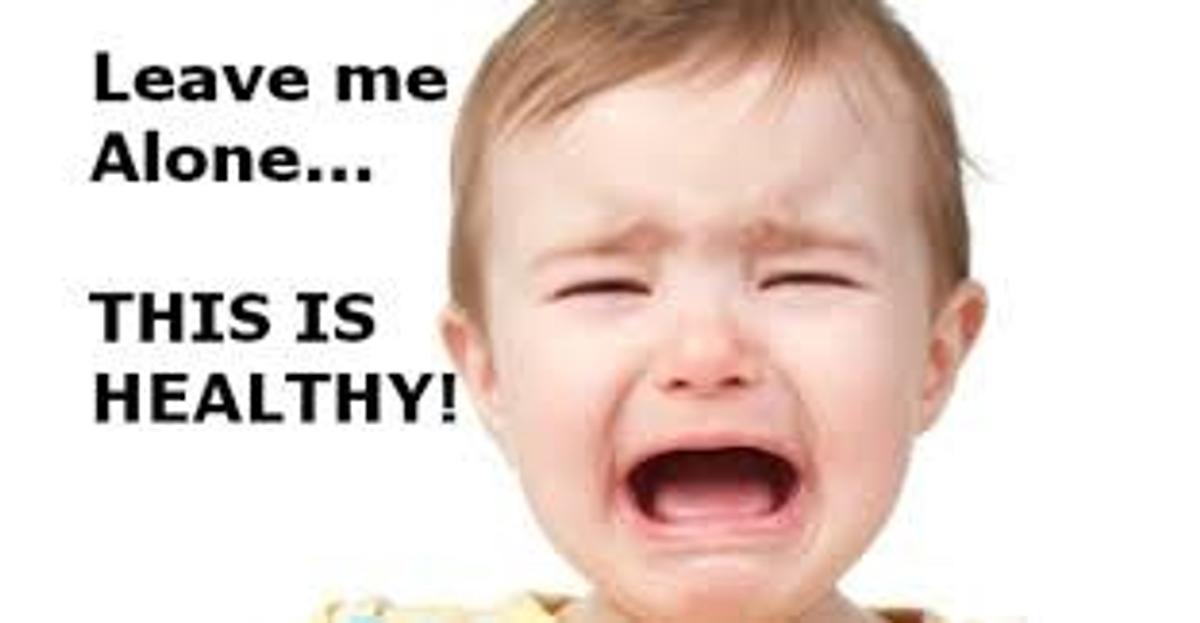Assistant Principal - Pastoral Care

Healthy Masculinity Begins at Home
When I was 24 I married my wife, who had two daughters from her first marriage – they were three and six years old. As I took on the role of a father I found myself subconsciously doing things that my own father had done. Without realising it I was drawing upon the model that had been etched into my own being. When I stood outside myself and watched what I was doing, I saw small things that were echoes of my father and it was at this point that I understood how powerful an influence a parent is long after you leave home.
This year we have commenced a program with Year 9, and next with Year 8 and then 7, titled Masculinity: What Does it Mean to be a Man? Boys in our society are saturated with toxic images of masculinity from an early age. Films, television, advertising, cartoons, toy figurines, computer games, and sport are often laced with messages of hyper-masculinity that promotes an unhealthy view of what it means to be a man in our culture. We are constantly reminded of the impact of toxic masculinity with daily reports in the media of domestic violence, sexual assault, alcohol fuelled violence, motor vehicle accidents, body image and suicide. Many psychologists and social researchers attribute one of the root causes as males growing up with an unhealthy idea of what it means to be a man. You may recall the following ad that suggests this concept titled ‘Stop it at the Start’:
https://www.youtube.com/watch?v=Y_WcaIkWYuk
Much of the research suggests that it is in the small, subtle things that we do and say that has a lasting impact on shaping and constructing an image of masculinity for our sons. Toxic Masculinity is often learned from language that shapes what we expect of a man. Phrases like: “man up”; “be a man”; “big boys don’t cry”; “suck it up”; “grow a pair”; “don’t be a sook”; “don’t be a girl”; “sissy”; “wuss”.
To develop a Healthy Masculinity, we need to change the language that we use. Below are phrases that we need to hear and use more often so that we can be men on our own terms:
1. "Communicate."
We should feel comfortable figuring out the most effective way to communicate and with asking for help when we need it. Parents play a key role here by urging and insisting that boys talk through their problems and not allow them to retreat into brooding silence. For them to be able to do this, parents need to listen actively (which means to listen to what is under the surface of what they are saying, often the literal message is not what they really mean). For example, when he says, ‘I can’t stand writing essays, they are dumb and stupid’ may actually mean, ‘I’m not sure what to do and how to progress beyond this point.’ Constantly urging a boy to communicate will help them process information in a more logical and less emotive way but to do this he needs to be calm and have had some space to reflect and think. Pushing a boy in the heat of the moment often leads to the flight/fight mechanism being triggered and so information does not process to the higher, more complex sections of the brain.
2. "Crying does not make you weak."
Tears are a natural part of intense emotional responses, but for men, they have long been shunned as a sign of weakness. Despite this cultural stereotype, science shows that crying helps regulate emotional stress and is widely considered a healthy outlet. Additionally, it is an effective way to self-soothe and to communicate distress, which means crying is healthy, it communicates clearly and works it independently — all masculine qualities. Boys not only do, but will cry, and they should feel that it is acceptable. Most importantly, Dads need to show their vulnerability and not hide it, boys need to know that it is normal and natural. If a dad represses his emotions then a son is more likely to as well which can have catastrophic consequences.
3. "Brave up."
Being brave has more positive connotations than “man up”. Brave is often associated with doing good for others, overcoming our fears within and not limited to a narrow idea of physicality. This phrase should be used when you are trying to build their resilience, their true grit. It is at this point that you help them understand that facing our fears and trying things makes us stronger inside, makes us more likely to do something the next time. Find occasions to recognize when they were brave, not physically, but emotionally – ‘that was brave of you to help the lady put her groceries in the car, many boys wouldn’t have thought to have done it’.
4. "Be responsible."
Responsibility implies honest ownership — of thoughts, emotional responses, actions and words. Furthermore, this means putting things right when we have transgressed and not glibly saying sorry, particularly if it results in it happening again – such as using technology inappropriately. Being responsible needs to be directly linked to becoming a man – if you are going to drive or borrow money or have serious relationships or sign leases or have a career this requires us to be responsible. I have written last year about students needing to have responsibility for chores in the household – boys need to iron, cook, clean, vacuum, clean a toilet and a bathroom. Being responsible as an adult means being able to care for yourself and not expecting others to do so. If you can’t do it literally then you definitely won’t do it in relationships.
5. "Be confident in who you are."
Self-confidence is so important, whoever that inner self turns out to be. The problem is, simply saying "be confident" is incomplete and sort of pointless — we all want to be more confident. But encouraging boys to be themselves will foster their ability to be confident, no matter what their body type, interests or sexuality ends up being. Make clear to boys that their identity is theirs and need not be instructed by what they see around them, on TV or even by you.
In our post-modern, secular, pluralistic world, being and becoming a man is fraught with challenges and complexity particularly now that the traditional idea of being a man has been questioned, deconstructed and often vilified (and in most cases rightfully so). What won’t change is the profound impact a dad will have upon the way in which a boy will navigate his way through this maze on his way to manhood. The healthier an idea of masculinity he has, the more meaningful and fulfilling a life he will have, as will those who come to depend on him.
Mr Mick Larkin - Assistant Principal - Pastoral Care


